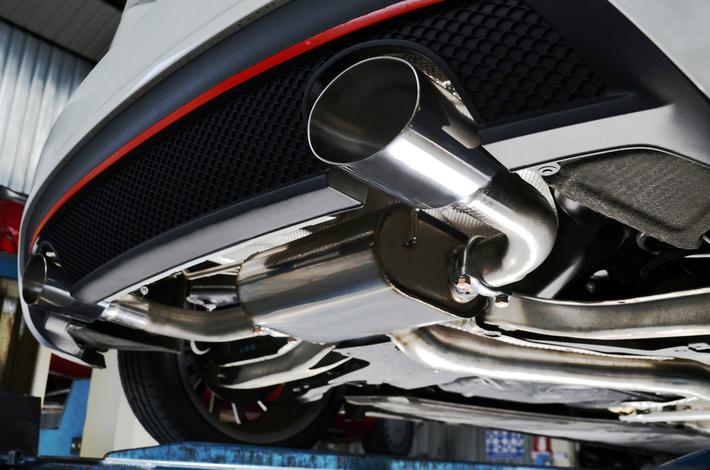
Industrial applications of aluminum
Aluminum and its alloys are particularly suitable for industrial applications. This is because they have characteristics that go well with the uses of the industries, in particular alloys, which are obtained by combining aluminum with other materials, such as copper, zinc, manganese, silicon and magnesium.
These features are:
1) Low low density: among the structural materials, the specific weight of aluminum alloys is among the lowest (2.7 g / cm³)
2) The high ductility: the crystalline structure makes aluminum particularly suitable for the production of very thin sheets, but also for larger structures.
3) Corrosion resistance: aluminum resists over time, also thanks to processes such as anodizing or the application of protective paints, in an atmospheric environment.
The growth of aluminum in industrial applications
"In recent decades, the industrial use of aluminum alloys has grown steadily, and so they have joined the plastic and steel as the most used materials in some industrial sectors. In particular, the main industrial applications are found in the sectors:
- aeronautical
- railway
- windows
- automotive
- housewives
- lighting.
The aviation industry is one of the main application sectors of aluminum because aluminum meets its specific requests: the high capacity to resist efforts and lightness. For this reason, most of the structural components of an aircraft are built using aluminum alloys, which have low density, therefore remarkable lightness, and remarkable mechanical resistance, therefore they can withstand significant loads while minimizing the overall weight. To give an idea, in a Boing B757 78% of the materials used for its construction are made of aluminum and its alloys.
The railway sector is also among the main industrial applications of aluminum. Specifically, aluminum alloys are used for the construction of the side walls, the roof and the platforms of the trains, as well as for the profiles. In architecture, however, aluminum has been considered since the 1960s an excellent substitute for wood for doors and windows, the parts exposed to atmospheric corrosion, which aluminum does not suffer. In addition, it is lighter.
Other applications of aluminum are evident in the automotive industry, in mobility devices such as bicycles or scooters.
Find out more about the industrial applications of aluminum on the italpres website.


